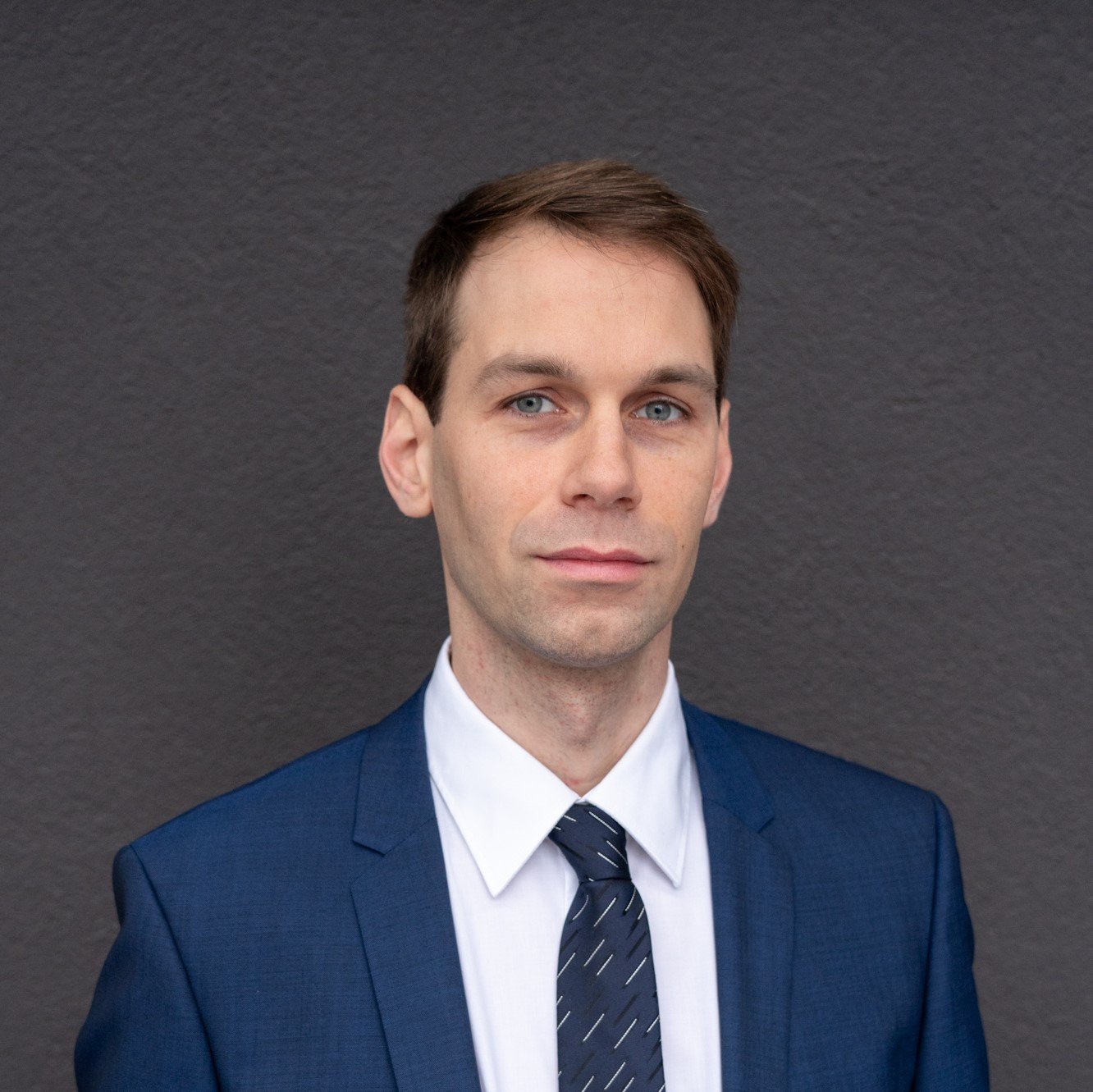Christian Diendorfer
Research Engineer
AIT - Austrian Institute of Technology

Christian Diendorfer studied mechanical engineering with a strong focus on conventional and renewable energy technologies at the Vienna University of Technology and at the University of Arizona. Following his PhD in the field of solar energy, he moved to the oil and gas industry, where he worked in different roles in engineering as well as portfolio management & planning. In parallel to his work, he completed an MBA in Energy Management at the Vienna University of Economics and Business (WU Executive Academy), where he specialized in strategic decision analysis and blockchain applications in the energy industry. Christian is currently employed at the Austrian Institute of Technology (AIT), where he is focusing on the decarbonization of the energy-intensive industry and a future hydrogen economy in Europe. In addition, he works on the strategic development of European research agendas in the energy sector. In his teaching activities as an external lecturer at the Vienna University of Technology and the University of Applied Science Technikum Wien, he teaches solar energy and geothermal energy respectively.
The Austrian Institute of Technology (AIT), Austria's largest non-university research institute, is one of the European research institutes specialising in the key infrastructure issues of the future. As a partner to industry and public institutions, AIT is researching and developing the technologies, methods and tools of tomorrow. About 1300 employees are working on the development of those tools, technologies and solutions for the Austrian industry considered to be of future relevance and which comply with the institute's motto "Tomorrow Today". The mission of AIT’s Center for Energy is the development of sustainable and future oriented energy infrastructure covering the entire value chain from renewable generation (such as PV, wind, etc.) to distribution and consumption across various energy carriers (electricity, heat, gas) including market mechanisms and regulatory aspects for securing clean and affordable energy supply. Additionally, it focuses on improving the carbon-footprint and increasing the competitiveness of energy- and resource-intensive industries through efficient low-carbon technologies and processes and the transformation of cities and urban regions towards more sustainable and resilient environments.




_368_520_s_c1_c_c.png)





